According to Sohu, strokes do not only occur in middle-aged and elderly people, but today, the rate of strokes among young people is very high. Stroke is also known as "cerebrovascular accident".
9 bad habits that can easily cause stroke that many people have
Below are bad habits that can easily cause stroke that many people have.
Stay up late
When staying up late, the biological clock of the heart and brain blood vessels are disrupted. This causes the body to secrete too much adrenaline and norepinephrine, causing blood vessels to constrict, restricting blood circulation, leading to the risk of stroke.
Tired and stressed
Excessive physical fatigue and mental stress can easily cause cardiovascular and cerebrovascular diseases. In modern society, the dual pressures of work and life always create negative energy every day, leading to mental stress. When stress and fatigue accumulate to a certain level, it is easy to get sick.
Over-excited emotions
In an interview with Health Times in 2019, Song Enfeng, head of the Department of Traditional Chinese Medicine at Wuhan University People's Hospital, said that anger can cause sympathetic nervous system excitement, increasing blood pressure and heart rate. This will increase the burden on the heart and brain, easily leading to sudden stroke.
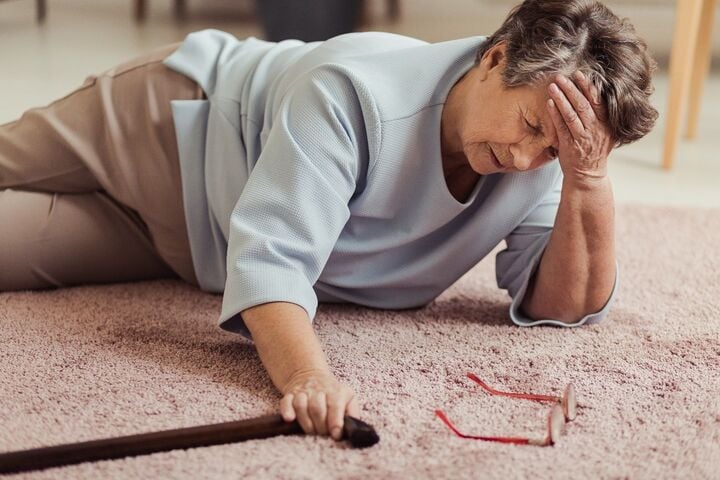
Stroke is life-threatening.
Lazy to drink water
People who do not like to drink water will cause the body to be dehydrated, the blood tends to be thicker, increasing the risk of blood vessel blockage. Especially in the summer, you are prone to sweating, severe dehydration in the body.
Don't wait until you're thirsty to drink water. Keep a glass of water by your bed and take a few sips about half an hour before you go to bed and when you wake up in the morning.
Eat too salty
A diet high in salt is one of the main risk factors for high blood pressure and stroke. In addition, a diet high in sugar and fat is also bad for blood vessel health.
You should limit eating too much animal fat and foods high in cholesterol such as fatty meat, animal brains, liver, and fish eggs.
Smoke
Smoking can increase the risk of ischemic stroke by 90% and nearly double the risk of subarachnoid hemorrhage.
Like to drink alcohol
Studies show that heavy drinkers have a 22% increased risk of stroke compared to those who drink little or no alcohol. The safest way to avoid a stroke is to say no to alcohol.
Sitting too long, little exercise
Sitting for long periods of time every day can make people gain weight and slow down blood circulation. This increases the risk of cardiovascular and cerebrovascular diseases.
When you start exercising, you should do it step by step, with moderate intensity according to your physical strength. Many people are often lazy to exercise, suddenly increasing the intensity of exercise can easily overload the body, causing brain hypoxia and acute ischemia, easily leading to stroke.
Belly fat
Accumulated belly fat is harmful to health. Obesity not only increases the risk of cardiovascular disease but also increases the risk of cancer. According to recommendations, men's waist circumference should not exceed 90 cm and women's should not exceed 85 cm.
Early recognition of stroke signs through the "BE FAST" rule
Doctor Doan Du Manh (Member of the Vietnam Vascular Disease Association) shows how to recognize early signs of stroke through the "BE FAST" rule as follows:
B (Balance): Describes symptoms when the patient suddenly loses balance, becomes dizzy, has a severe headache, and loses coordination.
E (Eyesight): Indicates that the patient has blurred vision (reduced vision) or complete loss of vision in one or both eyes.
F (Face): Describes changes in the face, the patient may have paralysis, a crooked mouth, and a deviated philtrum (the part connecting the point below the nose to the upper lip), most clearly shown when the patient smiles with their mouth wide open.
A (Arm): The patient has difficulty or cannot move his arms or legs, and one side of the body is paralyzed. The quickest way to confirm is to ask the patient to raise both arms and hold them at the same time.
S (Speech - voice): The patient has difficulty speaking, unclear pronunciation, slurred speech, or unusual slurred speech. You can check by asking the person suspected of having a stroke to repeat a simple sentence you just said.
T (Time): When the above symptoms suddenly appear, quickly call 115 or take the patient to the nearest medical facility for timely emergency care.
Source: https://vtcnews.vn/nhung-nguoi-de-bi-dot-quy-thuong-mac-9-thoi-quen-xau-nay-ar907131.html





![[Photo] Prime Minister Pham Minh Chinh chairs conference on anti-smuggling, trade fraud, and counterfeit goods](https://vphoto.vietnam.vn/thumb/1200x675/vietnam/resource/IMAGE/2025/5/14/6cd67667e99e4248b7d4f587fd21e37c)


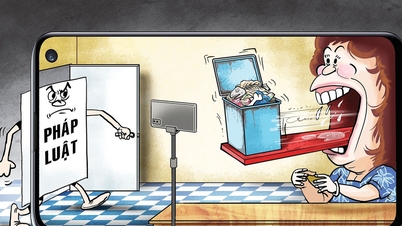





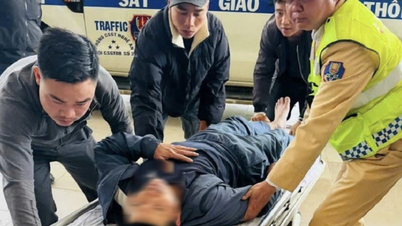

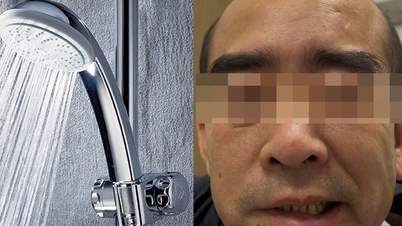

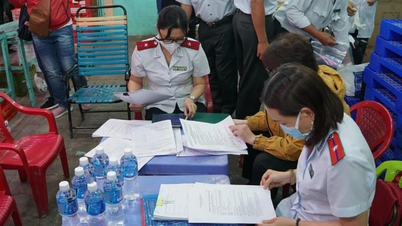

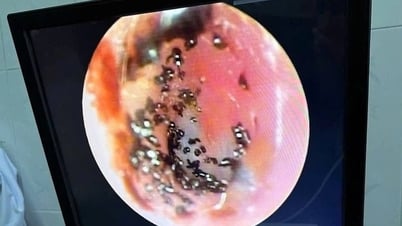

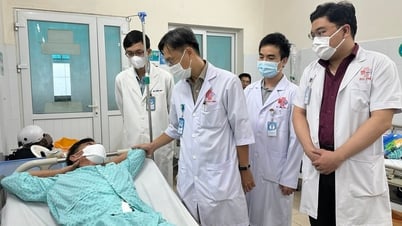
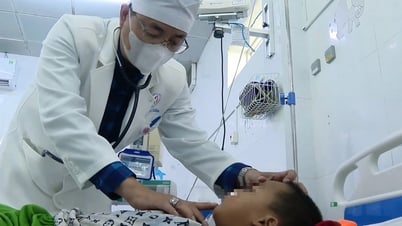

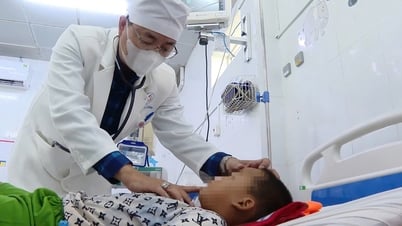
























































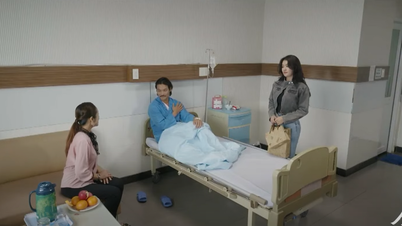





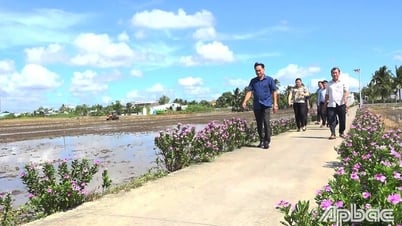











Comment (0)